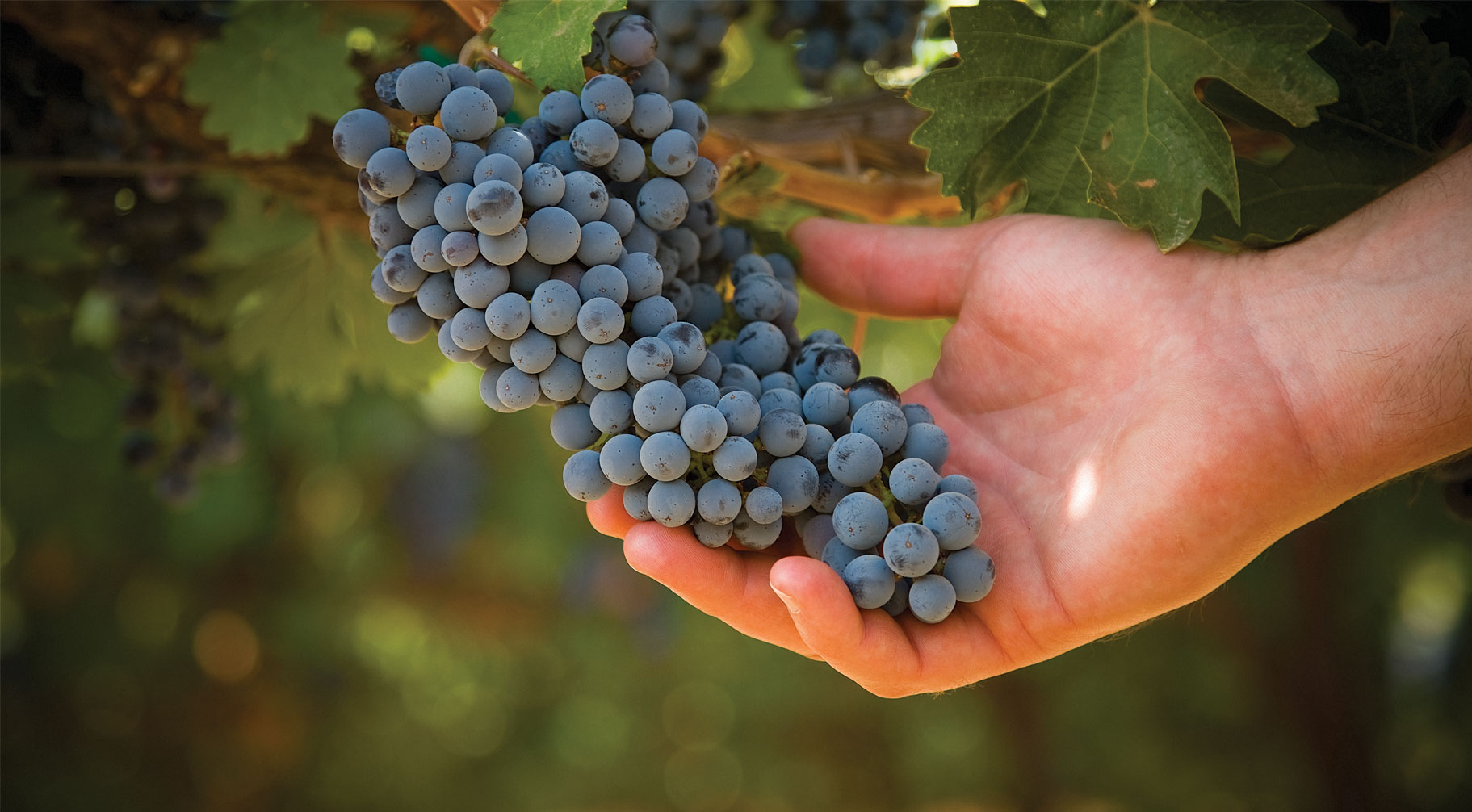University of California, Davis
Program links new farmers with produce distributers
It’s not easy to find markets for your produce when you’re an immigrant farmer or someone new to farming. You can sell your crops at fruit stands or farmers markets, but you may not have the contacts or even the language skills and cultural customs to connect with large-scale produce distributors.
Meanwhile, in restaurants, grocery stores, schools, hospitals and corporate lunchrooms across the state, buyers are clamoring for locally grown food.
“The demand for local, sustainable food is large and increasing,” said Gail Feenstra, food systems coordinator for the UC Sustainable Agriculture Research and Education Program and the Agricultural Sustainability Institute at the University of California, Davis. “Distributors can’t find enough locally grown produce to meet the need.”
But that’s changing, thanks to a new Small and Ethnic Farmer Market Tour Project which introduces small farmers to conventional distributors interested in offering a line of locally grown food. The project is run by the UC Sustainable Agriculture Research and Education Program (SAREP) and funded by CoBank, Farm Credit West, American AgCredit, and newly added Fresno-Madera Farm Credit along with Farm Credit Services of Colusa-Glenn.
The tours work like this: Farm advisors and Cooperative Extension specialists identify the small, specialty-crop growers in their areas, many of whom are Hmong, Mien and Latino. The growers climb aboard a bus along with tour leaders like Feenstra and David Visher, an analyst with UC SAREP.
“We have translators on board, too, if needed,” Feenstra said. “We drive to terminal markets, produce houses or processing facilities where growers meet face-to-face with distributors who explain their produce needs.”
SAREP hosted two successful tours in fall, 2013 to a group of 46 farmers who grow fruits, vegetables, flowers, and field crops. Tour participants spoke English, Chinese, and Spanish, and translators worked for 15 hours to ensure that each participant understood all the information shared. Farmers were able to learn about purchasing criteria from a number of different buyers and establish contacts with them.
The success of the tours was evident in the weeks to follow. Several farmers reported back that they connected directly with produce buyers and even sold much of their upcoming harvests as a result of the contacts made.
“Workshops and field days are great education tools, but nothing makes markets happen as well as simply introducing a willing seller to a willing buyer and then stepping out of the way,” Visher said. “We help growers tell their stories and make good-value propositions to buyers, but it’s really up to these business people to make their own deals.”
In thank you notes following the tour, farmers gave overwhelmingly positive feedback to the tours.
“The trip has been encouraging,” said Emma Torbert. “I currently sell to markets in my area, but am interested in expanding. Today, I got the impression that there is a lot of demand.”
“Invaluable connections were made and key information was imparted to all the growers,” said another farmer on the tour. “This will increase the market channels for small growers and help secure economic viability of small growers. Supporting this type of essential bus tour is testament to your commitment to the sustainability of California Agriculture.”
Over half of the tour’s participants have since signed up for individual consultations with Visher to continue to refine their marketing strategies. The consultations help farmers create an action plan for selling their crops and prepare a farm profile — a flyer that explains who they are and what they grow.
“We’ve been getting good responses from the promotional flyer David (Visher) helped us prepare for our avocado ranch,” said Los Angeles area farmer Steve Bailey. “Thanks to the contacts and advice, we’ve started selling to local restaurants.”
“We’re always on the lookout for new sources of organic produce and local farms,” said David Weinstein, sales manager at Heath & Lejeune, Inc., a certified organic wholesaler in Commerce, Calif. “Our firm knows firsthand that some of these small farmers will become important suppliers in the future and it is in our interest to help them know how to do business at our level.”
Following the tours, each produce buyer requested contact information for the full list of grower participants, opening doors for those conversations to develop into business relationships.
CoBank and the Farm Credit partners say they are happy to help.
“Local food initiatives prove that the food we eat can do more than nourish our bodies,” said Leili Ghazi, Western Region president of CoBank. “They can strengthen and support our communities and create tremendous economic opportunities. The challenge has always been connecting the right people and businesses at the right time. CoBank and our Farm Credit partners are so pleased to support UC Davis in its efforts to help introduce the region’s small, ethnic farmers to those who can truly help them grow their business.”
In response to the success of the 2013 tours, Fresno-Madera Farm Credit has joined with CoBank, Farm Credit West, American AgCredit, and Farm Credit Services of Colusa-Glenn —to expand the workshops to other regions of California.
The tours, dubbed “workshops on wheels” by many social media users, received excellent press coverage including a front page article in the San Francisco Chronicle, the Daily Democrat, Capital Press, AgAlert, Valley Public Radio, Farms Reach, the California Farm Bureau Newsletter, and a news segment by Fox 40 in Sacramento.
To learn more about project and how you can participate, contact Visher at (530) 758-2429, dlvisher@ucdavis.edu
Contacts:
- David Visher, UC Davis Agricultural Sustainability Institute, (530) 758-2429, dlvisher@ucdavis.edu
- Gail Feenstra, UC Davis Agricultural Sustainability Institute, (530) 752-8408, gwfeenstra@ucdavis.edu







